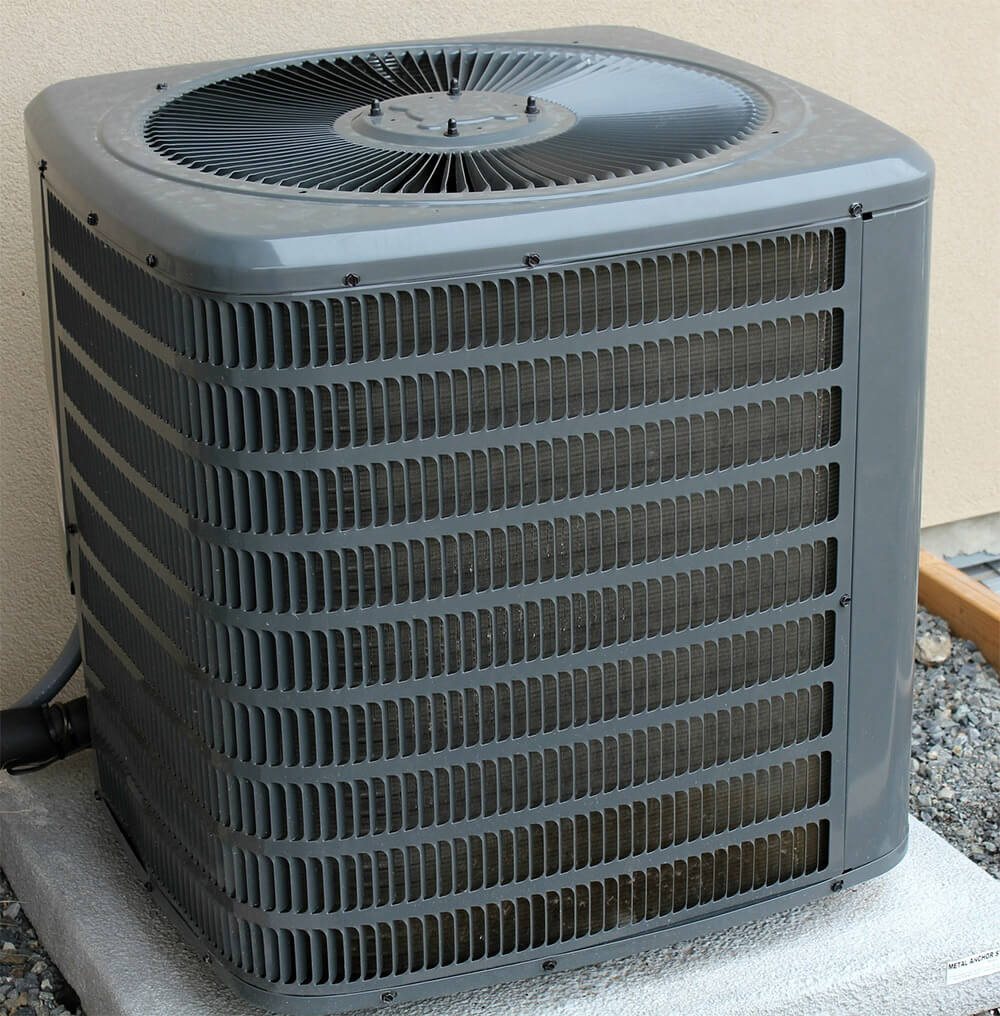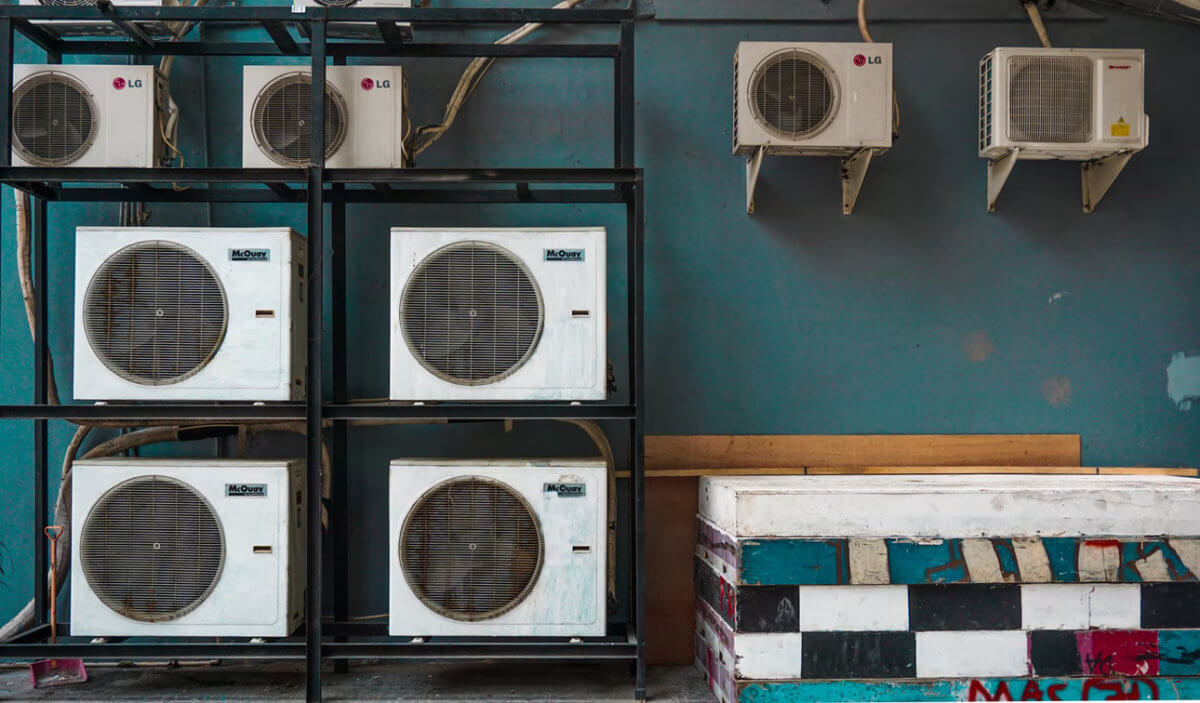Your air conditioner is a big part of keeping your home comfortable, but it can be an afterthought until you actually need it. When those warm temperatures kick in, you want your AC unit to promptly kick in, as well. Sometimes that’s not the case, and the air conditioner either doesn’t cool your home or is blowing cold air. Because of Colorado’s climate, you never know when you’ll have to switch between heating and air conditioning in Denver.
There could be a few reasons for this, and some of them could be simple fixes you can take care of in your home. However, if you’re uncomfortable doing anything with your air conditioner, make sure to call a professional technician to check things out. Here are some of the reasons why your air conditioner might not be cooling properly.
Check Simple Solutions First
There are a few things that could be happening if your AC isn’t blowing cold air, and the best way to troubleshoot is to start simple. Check your thermostat and make sure it is set properly – ensuring that it is set to use the AC and not just the fan. You can also reboot or reset the unit to make sure the fresh signals are getting through.
If you can’t remember the last time you replaced the air filter inside of the system, that could be the culprit. Those filters get clogged with dust and dirt, and that can affect the flow of air from the unit throughout your home. A clogged filter can cause your system to overwork, trying to meet the demands set by your thermostat. Leaving a clogged filter in place too long can even cause your system to freeze up.
Inspect Coils & Compressors
Dirty coils can also cause your system not to cool. The condenser coils are generally located outside the compressor unit, and the evaporator coils are enclosed near the indoor blower unit. If either of these sets of coils gets dirty, the amount of cold air coming from the unit can be diminished. You can clean they by removing the protective metal enclosures. Make sure to use a non-rinse cleaner for the evaporator coils, and there are specific condenser coil cleaners to use for those specific coils, as well. Always make sure to read the instructions properly when attempting this on your own.
If there is anything piled around or up against the compressor unit, it can lead to the unit pulling an insufficient amount of air. This component is usually on the back of the outdoor unit, and can get covered by things such as leaves or weeds. Clearing that area can help with the performance. Make sure the power is off before attempting to clean the coils or compressors.
Don’t be afraid to call a professional if any of these things seem too daunting, or if you can’t pinpoint what is causing the issue. For more information or help figuring out why your air conditioner isn’t cooling, call the experts at Go Green Heating & Air Conditioning today.





